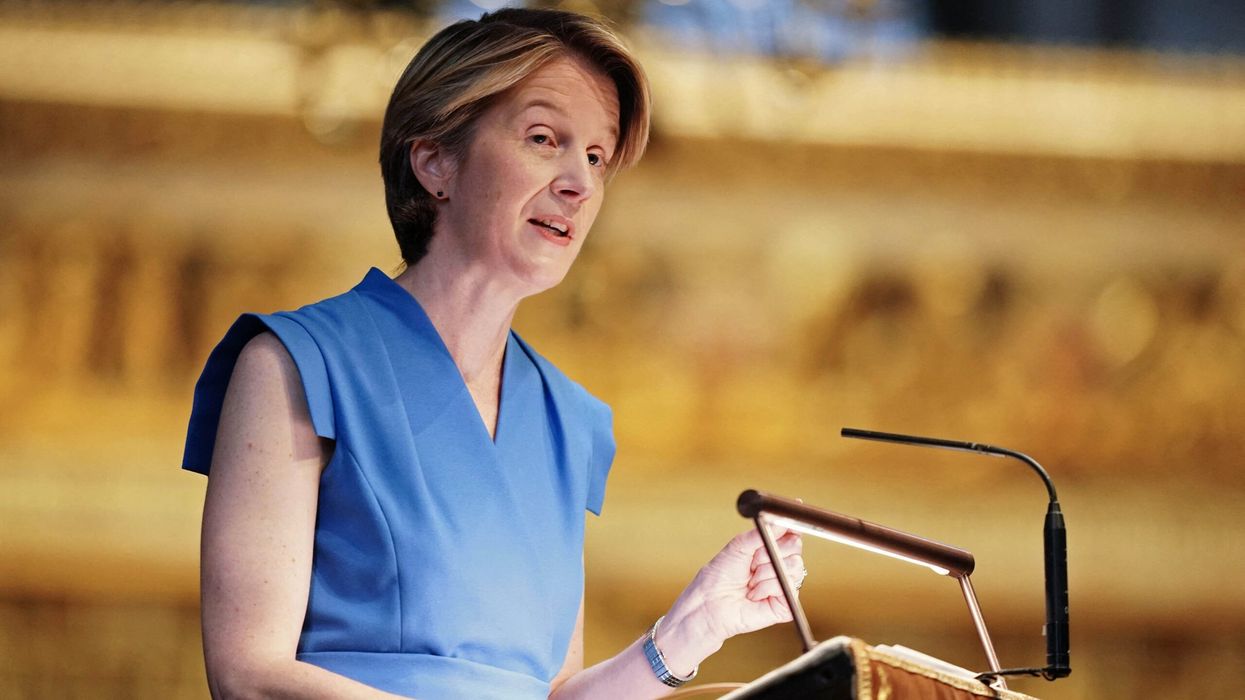THE NHS is set to receive a significant cash boost in the upcoming budget, targeting winter pressures and the next financial year.
Chancellor Rachel Reeves has agreed to a funding increase aimed at reducing waiting lists and increasing NHS productivity, according to The Times.
However, NHS leaders are cautious about meeting Labour’s pre-election promise on waiting times, citing rising costs, staff pay, and an ageing population.
NHS England chief executive Amanda Pritchard, writing in The Times, admitted that hospital productivity has declined, and long waiting times have eroded public confidence in the NHS.
The government is planning the "biggest reform" of the health service since its founding in 1948, and Reeves told the cabinet that her budget would focus on "fixing the NHS."
The funding deal has sparked concern in other government departments, as negotiations have centred on a real-term budget increase of 3-4 per cent per year for the NHS, with an estimated cumulative rise of £10 billion annually, though no final figures have been confirmed.
Pritchard acknowledged that NHS productivity took a hit during the pandemic and highlighted the need for modern infrastructure, including buildings and technology, to improve efficiency.
A review by Lord Darzi showed that although the hospital workforce has grown by 17 per cent between 2019 and 2023, the number of surgeries performed by each surgeon dropped by 12 per cent, and A&E doctors or nurses treated 18 per cent fewer patients.
Robert Jenrick, a Tory leadership candidate, criticised Pritchard for not addressing these trends, but Pritchard reaffirmed the NHS's commitment to boosting productivity through better tools for staff. She added that improving productivity does not mean asking staff to do more, but equipping them with the resources they need.
Labour’s ten-year health plan aims to help 2.8 million people with long-term sickness return to work, while also addressing rising demand from an ageing population and long-term illnesses.




